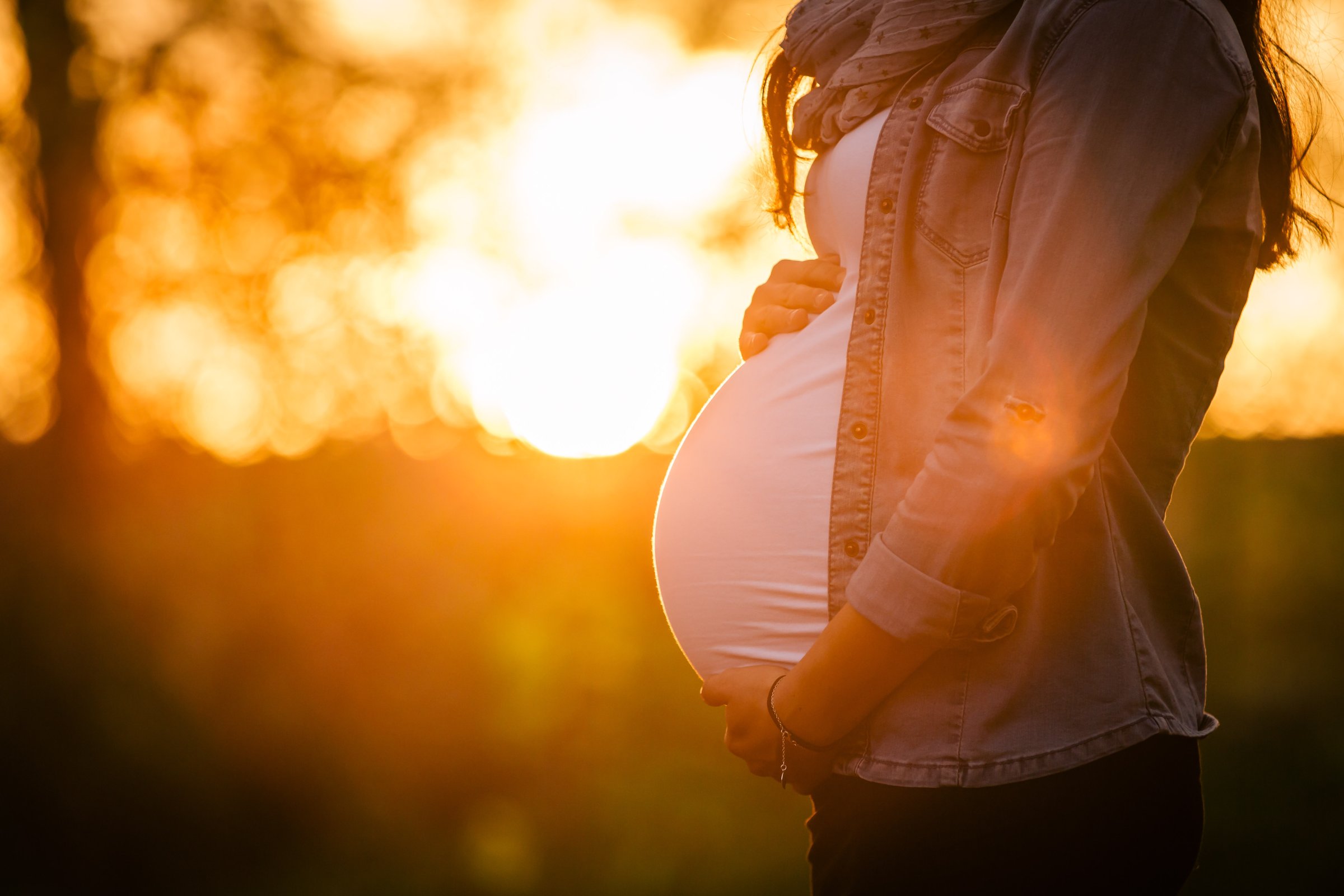
Many women feel queasy in the early days of pregnancy, and while unpleasant, nausea and vomiting are a common symptom of being pregnant.
Still, to learn more about it, Stefanie Hinkle, staff scientist at the National Institute of Child Health and Human Development at the National Institutes of Health, and her colleagues decided to study a group of women from before they became pregnant and follow them for 36 weeks to better understand how nausea symptoms correlate with pregnancy loss. All of the women had already experienced at least one miscarriage and were actively trying to get pregnant. During the study, published in JAMA Internal Medicine, nearly 800 of them became pregnant; about a quarter of those pregnancies, confirmed by a hormone test, resulted in loss.
When Hinkle and her team analyzed daily reports about nausea and vomiting symptoms, they found that women who reported nausea were less likely to miscarry by the eighth week compared to women who didn’t report the symptom. “We hypothesize that there is a more direct biological link going on between nausea and vomiting and pregnancy loss, although our data can’t inform exactly what that is,” says Hinkle.
“It’s a hard time the first time you get pregnant, and then you throw on feeling sick and exhausted,” Hinkle says. “This should provide some solace and reassurance to women experiencing these symptoms that they have a healthy pregnancy.”
However, it’s important to note that the study wasn’t designed to determine cause and effect, and if a woman who is expecting doesn’t experience morning sickness, that doesn’t mean she will miscarry. Every pregnancy is different, and these symptoms vary considerably from woman to woman, and even from pregnancy to pregnancy in the same woman, Hinkle says.
More Must-Reads From TIME
- The 100 Most Influential People of 2024
- Coco Gauff Is Playing for Herself Now
- Scenes From Pro-Palestinian Encampments Across U.S. Universities
- 6 Compliments That Land Every Time
- If You're Dating Right Now , You're Brave: Column
- The AI That Could Heal a Divided Internet
- Fallout Is a Brilliant Model for the Future of Video Game Adaptations
- Want Weekly Recs on What to Watch, Read, and More? Sign Up for Worth Your Time
Contact us at letters@time.com